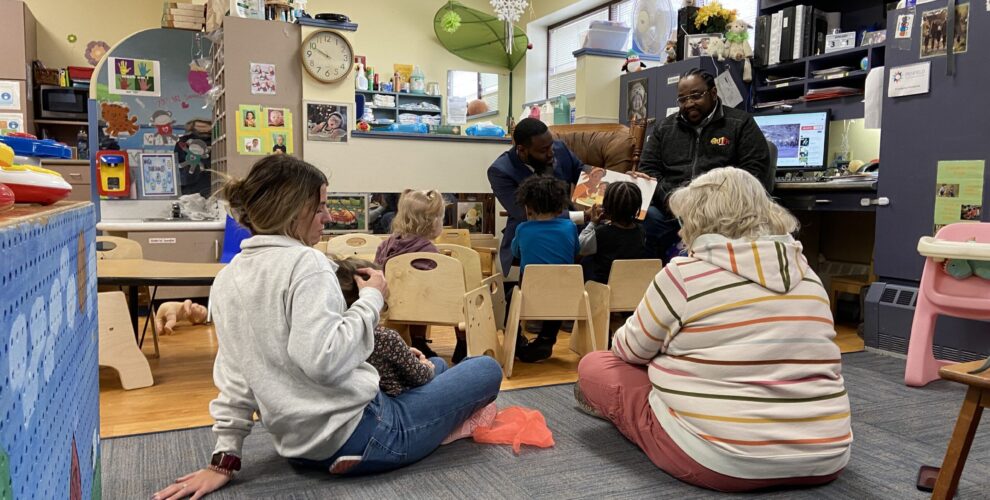Caring for a child is one of the most important jobs you’ll ever have and making sure you’re doing it well can be overwhelming. One of the ways to ensure your child is healthy and protected is to immunize him. Children under two years old are especially vulnerable to vaccine-preventable diseases and should receive most of their vaccines prior to their second birthday. The appropriate use of immunizations is essential to help keep everyone safer.
Although most immunizations are still required to be given by shot and shots can be painful, the effects of not giving immunizations can be far worse than the temporary discomfort of the injection. Young babies can become very ill from vaccine-preventable diseases. The Centers for Disease Control’s immunization schedule is designed to protect young children when they are most vulnerable to serious infections and before they are likely to be exposed to potentially serious diseases. Many parents worry about the side effects of giving their child immunizations, but evidence shows that the most common side effects are almost always mild and can include redness and swelling at the injection site. Serious side effects, such as an allergic reaction, can occur but are very rare and your child’s doctor is trained to treat such a reaction.
Some of the diseases that are preventable with immunizations include:
o Flu
o Diphtheria
o Hepatitis B
o Measles
o Mumps
o Pertussis (whooping cough)
o Polio
o Rubella
o Tetanus
How does an immunization work?
Your immune system helps your body fight germs by producing substances to combat them. Once it does, the immune system “remembers” the germ and can fight it again. Immunizations contain germs that have been killed or weakened. According to the National Institute of Allergy and Infectious Diseases, when given to a healthy person, the immunization triggers the immune system to respond and thus build immunity. If you have questions or concerns about immunizations, it is best to speak with your child’s doctor.
It is also important to know that children with special needs should and can be immunized. If your child has special needs or any health concerns, be sure to talk to his doctor. Certain allergies, health conditions and/or medications may interfere with the way your child’s immunizations work or may increase the risk for side effects. A specialized immunization plan may be created to make sure his individual needs are met.
Keep in mind immunizations are important for adults as well as children and you should also protect yourself. Some immunizations that adults should receive are:
o Flu
o Hepatitis A
o Hepatitis B
o Human Papillomavirus (HPV)
o Measles, Mumps, Rubella (MMR)
o Meningococcal
o Pneumococcal
o Tetanus, Diphtheria, Pertussis (Td/Tdap)
o Zoster
Why do you think it’s important to vaccinate your child?
Mel Hendrickson is the Director of Health Services and Pediatric Registered Nurse at Penfield Children’s Center. She has experience working with the pediatric population in Community Health, Inpatient care and Critical care. She is certified in Pediatric Advanced Life Support and Neonatal Resuscitation. She is also on the Nursing Advisory Board at Bryant & Stratton College.



Leave a Reply